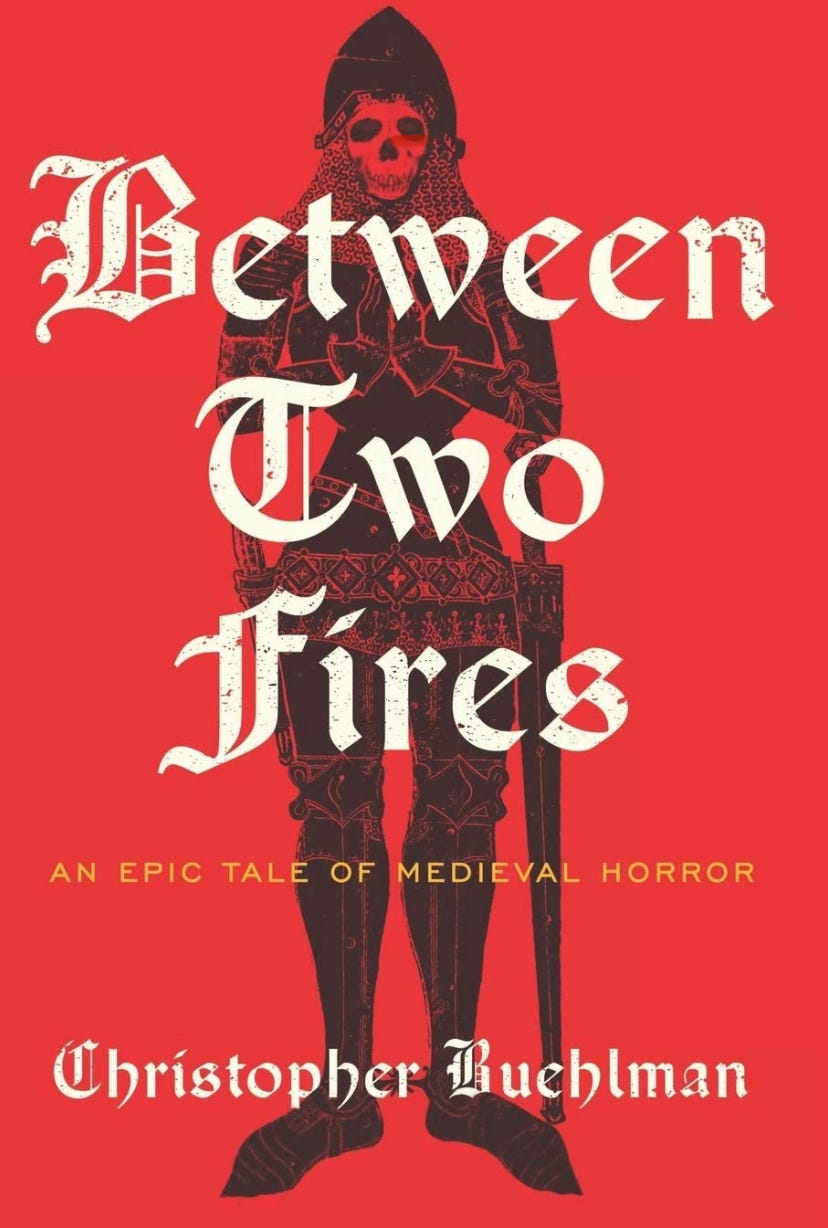Apologies this is coming a couple of weeks late. Blame Passover, Easter, and my birthday for that. Here is what Jeremy read in March
Between Two Fires by Christopher Buehlman
Wow. Every so often a book comes along that you read at the right time in your life that qualifies it as a “Blow Your Mind” book, where after finishing the book you’re not quite th…
Keep reading with a 7-day free trial
Subscribe to Elice Island Newsletter to keep reading this post and get 7 days of free access to the full post archives.


